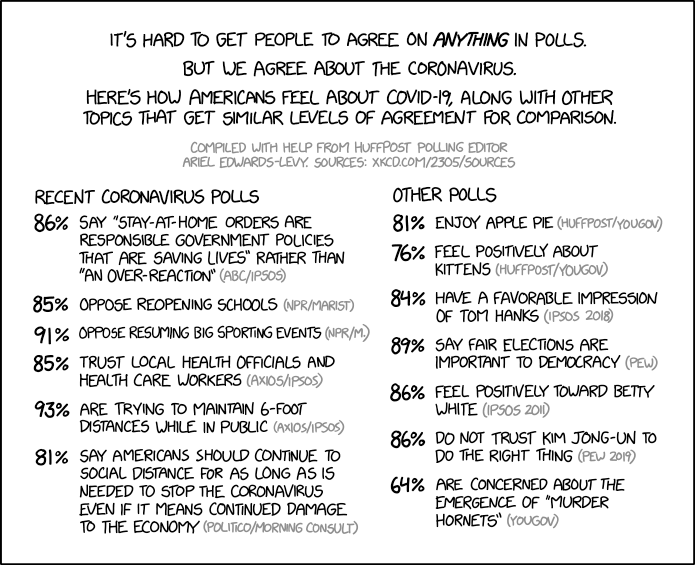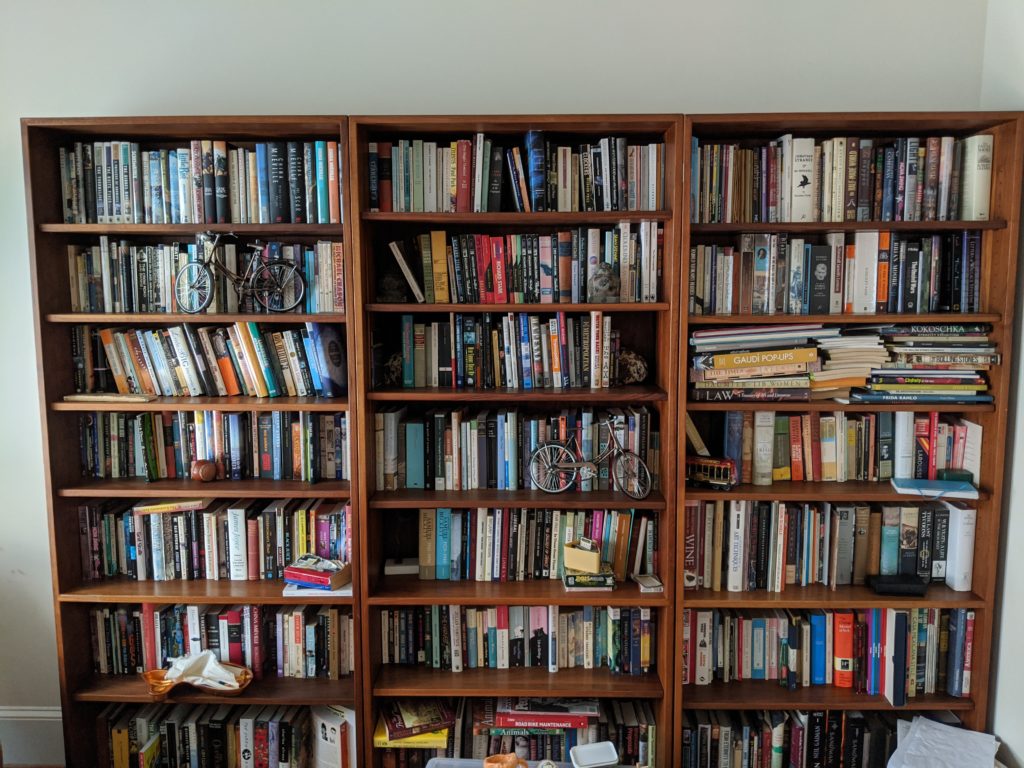Today is a big day for some of us. Linda Nagata’s follow-up to the Nanotech Succession books, Edges is coming out. The third book in that previous series, Vast, is one of the great unrecognized SF classics of the last twenty years.
In _Trillion Year Spree_, Brian Aldiss suggests that one of the wellsprings of science fiction was the Victorians’ discovery that human beings were not at the center of the universe, were at most a temporary florescence in a process of evolution that had continued for billions of years before, and might continue for billions of years after. He describes the sense of radical alienation that this provoked, quoting a passage from one of Thomas Hardy’s novels where a character discovers a fossil in a cliff. This describes how humans, for the first time, really had to think about the age of things and their own cosmic unimportance. This perspective of deep time has been an important engine of science fiction ever since. Olaf Stapledon’s work provides one version. H.P. Lovecraft’s another (but that perspective is far more skilfully developed by Caitlin Kiernan, who is a paleontologist as well as writer)
Robert Charles Wilson’s Hugo winning novel, _Spin_ provides a famous take on what happens when human beings are forced to confront cosmological time. _Vast_Â provides another, and in my opinion, even better one. Her characters have wandered out into a galaxy that is a battlefield from a civil war that ended thirty million years ago, still littered with weapons that are half-plague half-social contagion and vast autonomous spaceships, guided by colonies of “philosopher cells” that operate like cellular automata turned lethal. The human longing for transcendence becomes a trap that can enfold even those who are aware of its dangers in its sticky embrace. As one of the key characters reflects in a previous novel, looking at an insect that has wandered into his collection of carnivorous plants.
<blockquote>Lot wondered if the fly would have followed the sundew’s sweet scent if it could have comprehended the danger ahead of time. And he decided that it probably would have. Consciousness did not negate instinct. It only provided a post for self-observation.</blockquote>
Much current science fiction is sentimental, using a cold universe as mere backdrop for heartwarming stories about people with difficult backgrounds making new families for themselves. _Vast_, in contrast, isn’t even slightly sentimental, though it is about family – unorthodox family, whose members often don’t particularly understand each other, and grow further apart as they speciate. The lesson that _Vast_ has – if it has a lesson, any more than the universe has one – is the need to adapt and change.
I don’t want to say any more, for fear of spoilers, except to recommend that you read it, if you at all think that you might want to. It deserves to be rediscovered, and folded back into the main story of science fiction, rather than merely serving as a well of hidden inspiration. It’s the third in a series, but I read it before the other two, and found that the additional sense of alienation and _in media res_ enhanced the story rather than detracting from it. Alastair Reynolds, whose books are deeply influenced by it, had the same experience. You can then dive into the earlier books as an excavation of the prehistory.
I’ve spent the last few weeks reading _Vast_ and its prequels in preparation for the new book’s launch. Twenty years later, the rest of the field has still to catch up with it.



